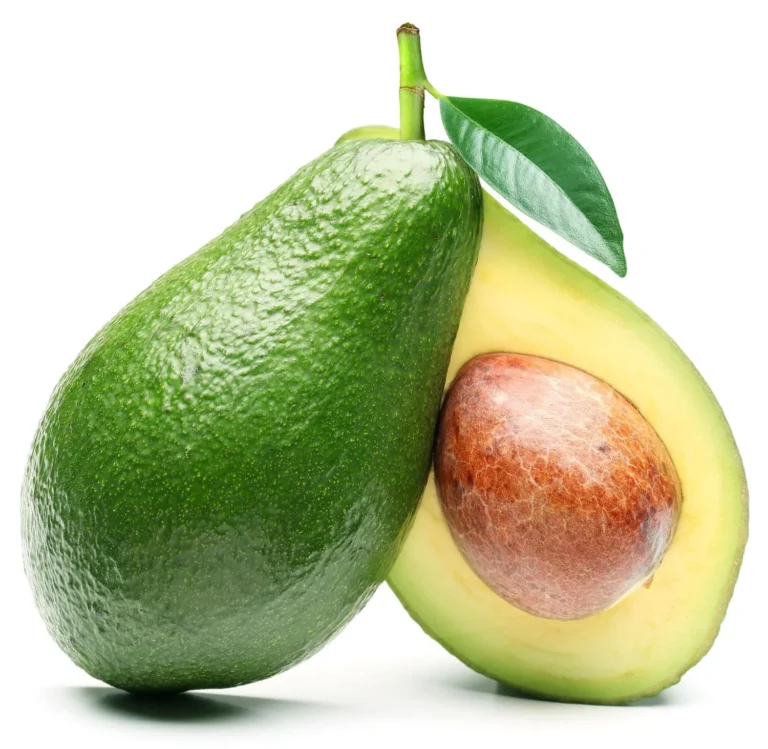Introduction : Exploring the Power of Anti-Inflammatory Foods
Exploring the Power of Anti-Inflammatory Foods: In today’s fast-paced world, where stress and unhealthy lifestyles seem to be the norm, taking care of our bodies has become more crucial than ever. One aspect of health that has gained significant attention in recent years is the role of inflammation in various chronic diseases. Fortunately, there’s a growing body of evidence supporting the idea that certain foods possess potent anti-inflammatory properties, offering us a natural and delicious way to support our well-being.
Table of Contents
Understanding Inflammation: The Body’s Response to Stress
Before diving into the realm of anti-inflammatory foods, it’s essential to grasp the concept of inflammation itself. Inflammation is the body’s natural response to injury or infection, characterized by redness, swelling, heat, and pain. While acute inflammation is a vital part of the healing process, chronic inflammation can wreak havoc on our health, contributing to conditions like heart disease, diabetes, and arthritis.
The Link Between Diet and Inflammation
Research suggests that our dietary choices play a significant role in modulating inflammation levels in the body. Certain foods can either fuel inflammation or help quench it, making dietary modifications a powerful tool in managing chronic inflammation and reducing the risk of associated diseases.
Supercharging Your Diet with Anti-Inflammatory Foods
Now, let’s delve into some of nature’s most potent anti-inflammatory foods that can transform your plate into a powerhouse of health and vitality:
- Turmeric: This vibrant spice contains curcumin, a compound renowned for its anti-inflammatory and antioxidant properties. Incorporating turmeric into your cooking can lend a flavorful punch while providing potential health benefits.
- Berries: Blueberries, strawberries, raspberries, and blackberries are bursting with antioxidants known as flavonoids, which have been shown to combat inflammation and oxidative stress in the body.
- Leafy Greens: Kale, spinach, and other leafy greens are packed with vitamins, minerals, and phytochemicals that possess anti-inflammatory properties. Aim to include a variety of greens in your salads, smoothies, and stir-fries for a nutritional boost.
- Fatty Fish: Salmon, mackerel, and sardines are rich sources of omega-3 fatty acids, which exert potent anti-inflammatory effects. Adding fatty fish to your diet a few times a week can help reduce inflammation and support heart health.
- Nuts and Seeds: Almonds, walnuts, flaxseeds, and chia seeds are brimming with healthy fats, fiber, and antioxidants that combat inflammation. Sprinkle them over your breakfast cereal or enjoy them as a satisfying snack.
Conclusion: Exploring the Power of Anti-Inflammatory Foods
Exploring the Power of Anti-Inflammatory Foods: Incorporating anti-inflammatory foods into your diet isn’t just about preventing disease; it’s about nurturing your body and soul with wholesome, nourishing ingredients. By making mindful food choices and savoring the abundance of nature’s offerings, you can embark on a journey towards vibrant health and well-being.
FAQs About Exploring the Power of Anti-Inflammatory Foods
- Are there any side effects of consuming anti-inflammatory foods?
While anti-inflammatory foods are generally safe for most people, some individuals may experience allergies or intolerances to certain ingredients. It’s essential to listen to your body and consult with a healthcare professional if you have any concerns. - Can supplements replace anti-inflammatory foods?
While supplements may offer concentrated doses of specific nutrients, they cannot fully replicate the synergistic effects of whole foods. It’s best to focus on a balanced diet rich in anti-inflammatory foods and use supplements as needed under the guidance of a healthcare provider. - How quickly can I expect to see results from incorporating anti-inflammatory foods into my diet?
The timeline for experiencing benefits from anti-inflammatory foods can vary depending on individual factors such as diet, lifestyle, and underlying health conditions. Consistency is key, so aim to make long-term dietary changes rather than expecting instant results. - Are there any specific recipes I can try to incorporate more anti-inflammatory foods into my meals?
Absolutely! There are countless delicious recipes featuring anti-inflammatory ingredients available online and in cookbooks. Experiment with turmeric-spiced dishes, berry-filled smoothies, leafy green salads, and omega-3-rich fish recipes to discover new culinary delights. - Can children benefit from consuming anti-inflammatory foods?
Yes, children can benefit from a diet rich in anti-inflammatory foods, which can support their overall health and development. Encourage them to enjoy a variety of colorful fruits, vegetables, whole grains, and healthy fats as part of a balanced diet.







